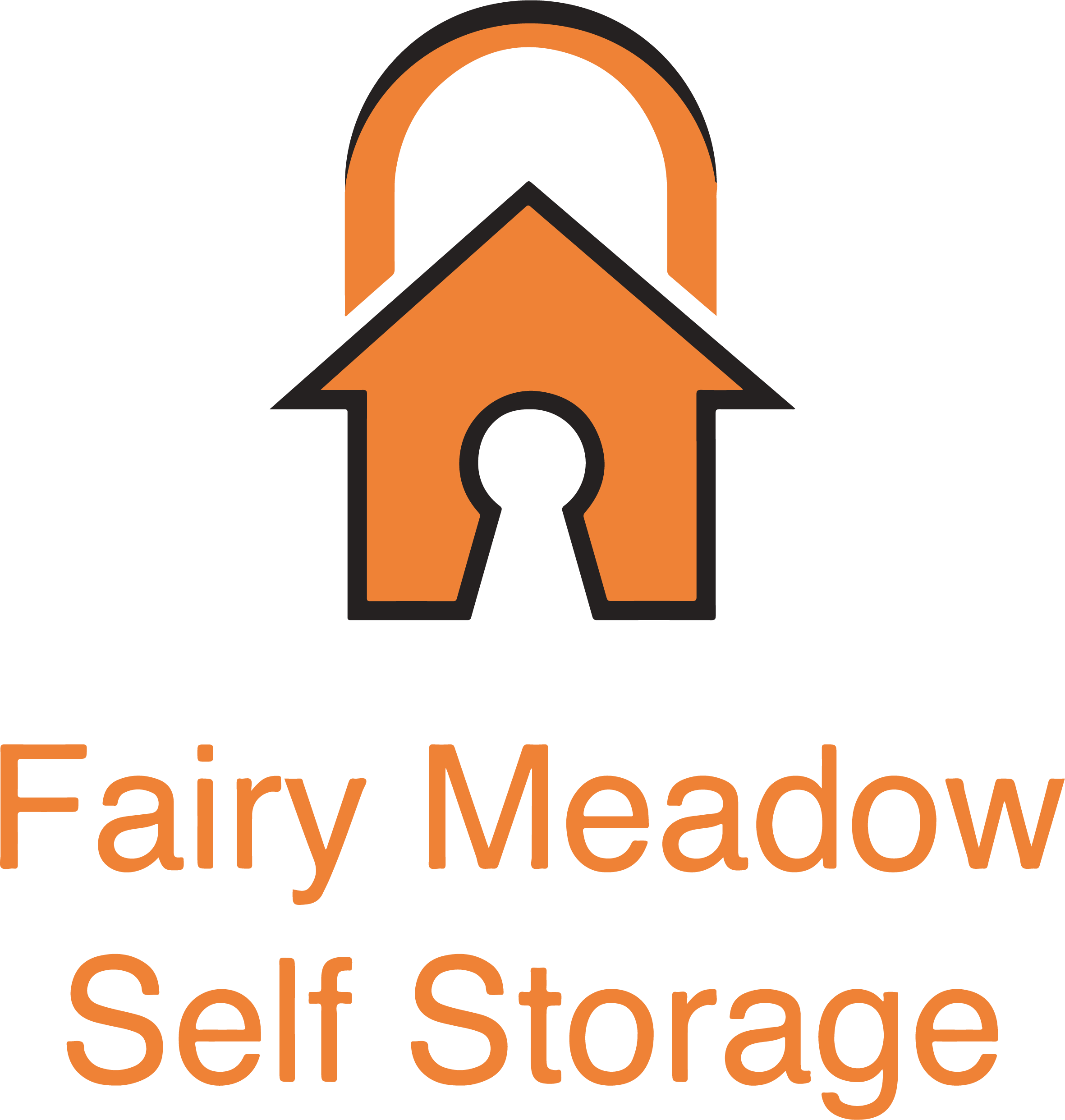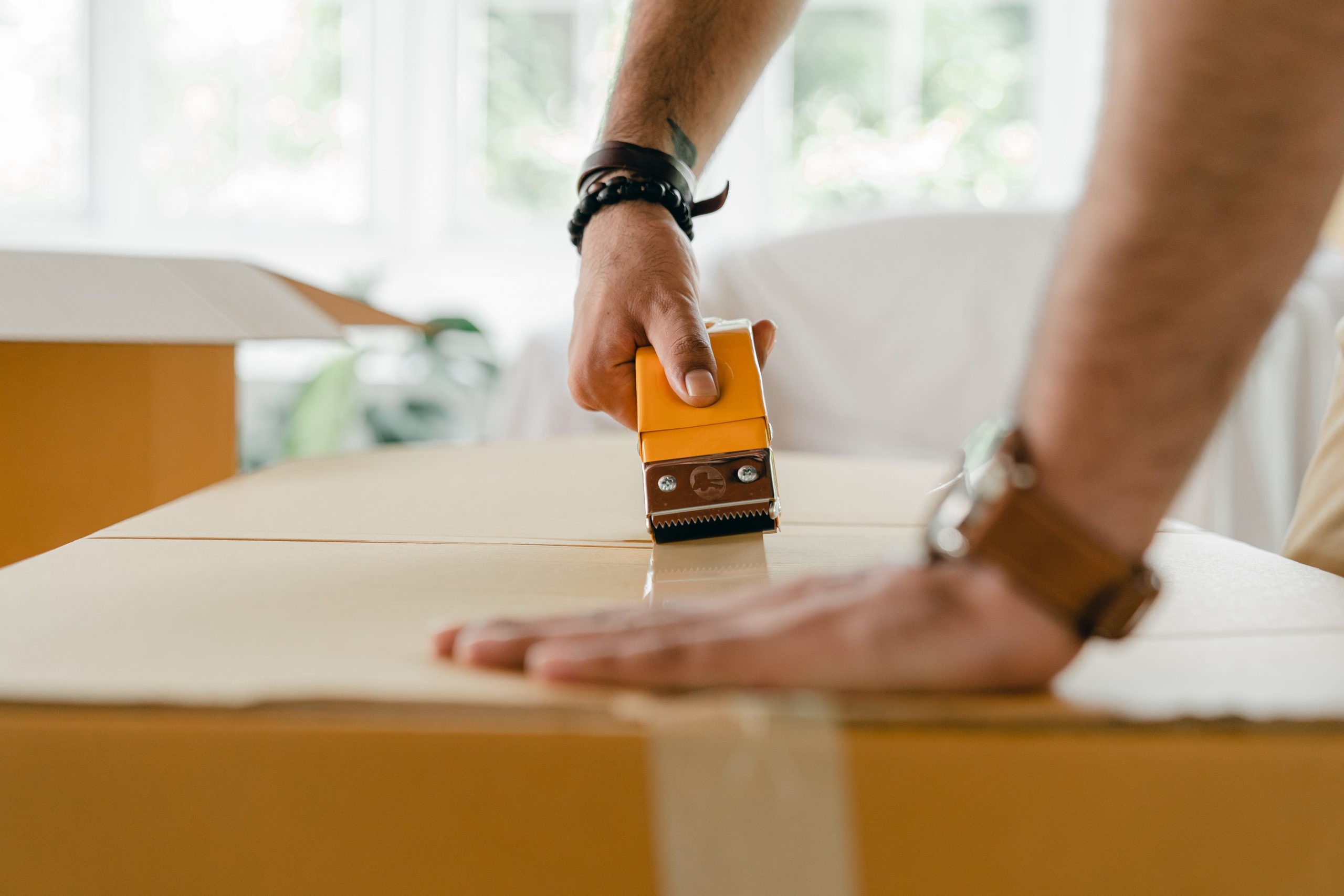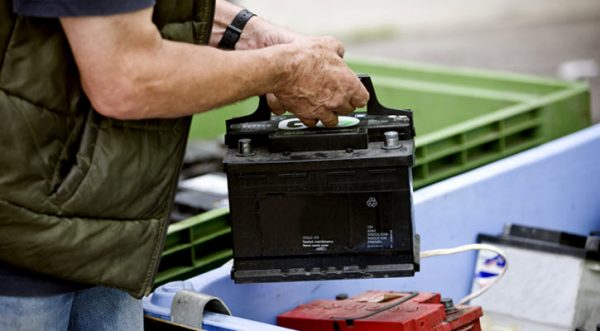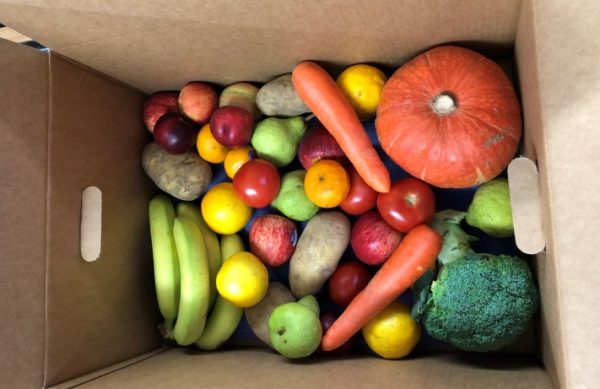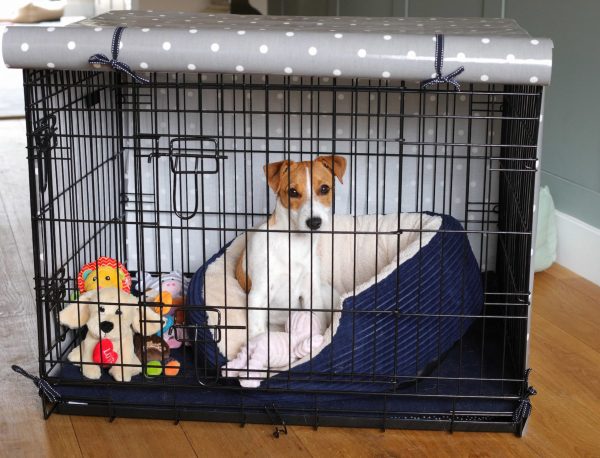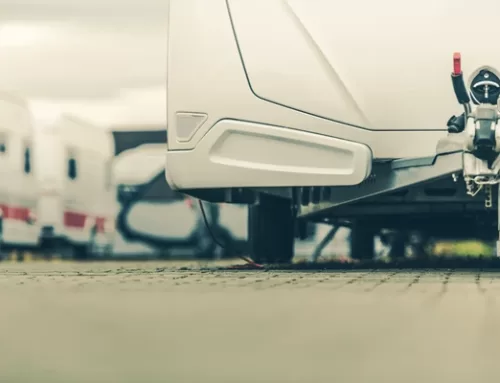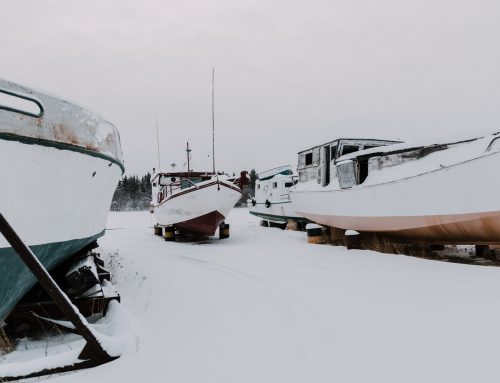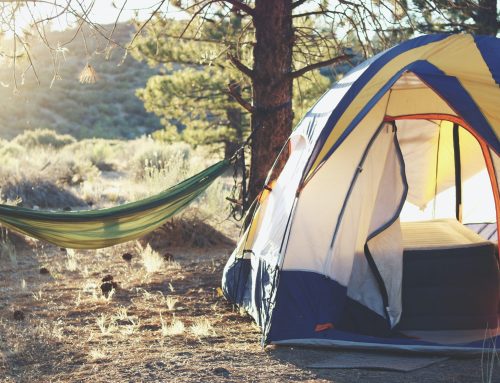Self-storage facilities offer a valuable service to consumers and businesses. Storage units help us stay organised while large and small changes occur in our lives. But these sites also have restrictions in place to protect us and other customers from physical harm and property loss. Find out which items should never be placed in Fairy Meadow Storage Wollongong — or anywhere else.
Hazardous or Explosive Materials
As a general rule, don’t store anything that could endanger yourself or others. Avoid placing items in Storage Wollongong that could pose a threat to others’ property as well. Hazardous materials are a great starting point. It may seem obvious that items that could start a fire or create an explosion are forbidden at all storage facilities. However, you may not realise that some everyday items are flammable or explosive. Never store these items in your storage locker:
- Fuel
- Guns
- Paint
- Acids
- Ammunition
- Pesticides
- Car batteries
- Chemical-based or toxic cleaners
- Household or industrial chemicals
In a nutshell, anything with the potential to explode or create hazardous fumes should not be placed in self-storage.
Perishable Foods
Fresh produce and other foods that can spoil should never be placed in storage units. Fruits, vegetables and other foods that can go bad attract bugs and rodents. Pet food isn’t excluded from these restrictions, so resist the temptation to store that giant bag of kibble in Storage Wollongong. Not only will you risk inviting pests to rummage through your things, but your storage facility neighbors could have their spaces invaded, too. A pest infestation could result in a lot of damage to everyone’s belongings.
Live Animals and Plants
It would seem to go without saying that you shouldn’t keep live animals in a storage unit. Unfortunately, some renters have kept pets in their storage lockers for unknown reasons. Not only is it inhumane to leave an animal in an enclosed storage space, but their waste and associated odors are sure to attract insects and other pests. Some have even kept animal caracasses in storage units, usually in preparation for taxidermy — another big no-no. Even plants should be avoided. First off, plants can’t survive without food and water. And, like most other living things, most plants need a fair amount of sunlight or certain kinds of artificial light to survive. Light is not usually abundant in storage units. And if you do give your plants the hydration they need, you run the risk of mold or mildew developing. Mold is likely to spread to other units — something the facility’s manager and other customers definitely won’t appreciate.
